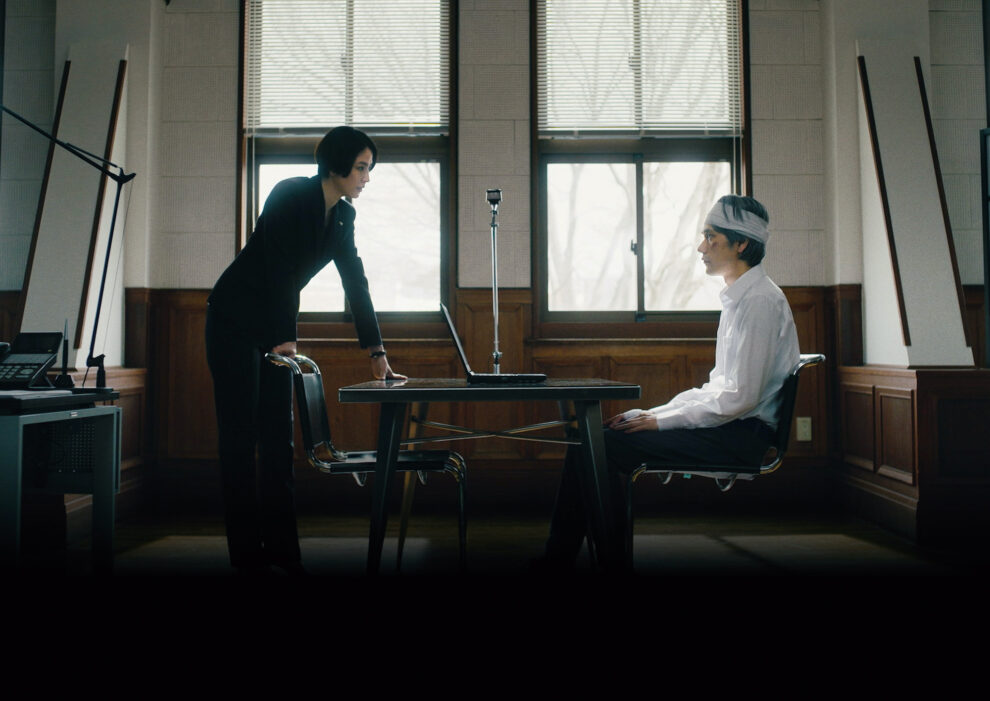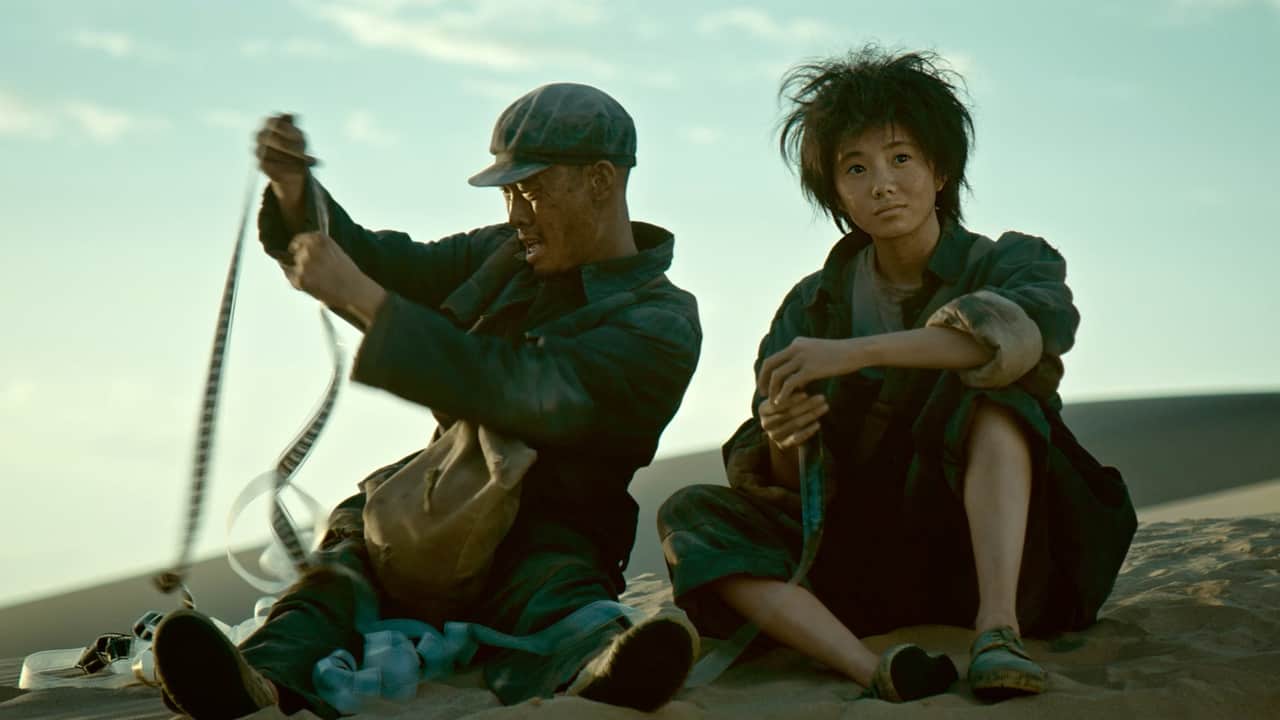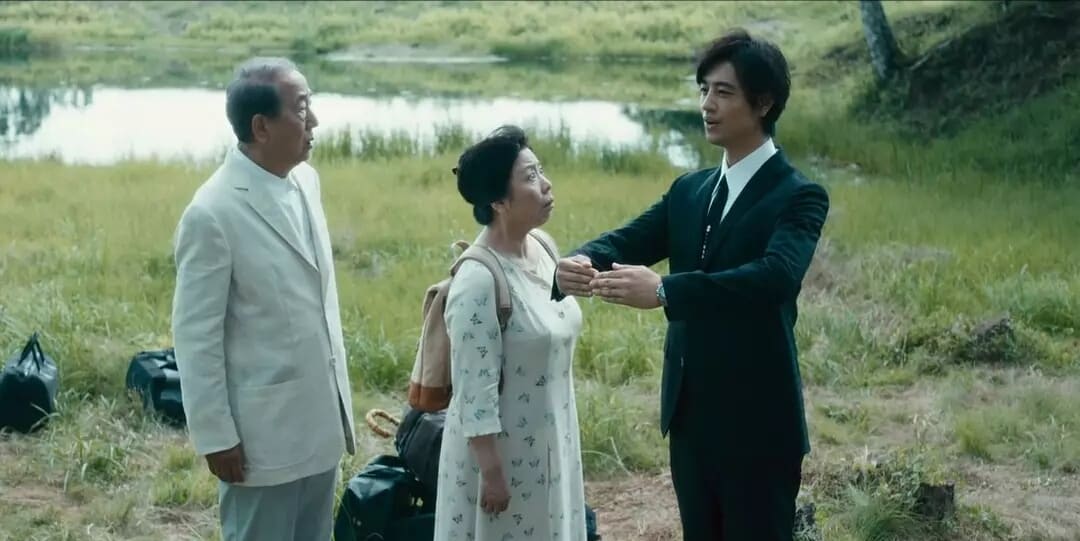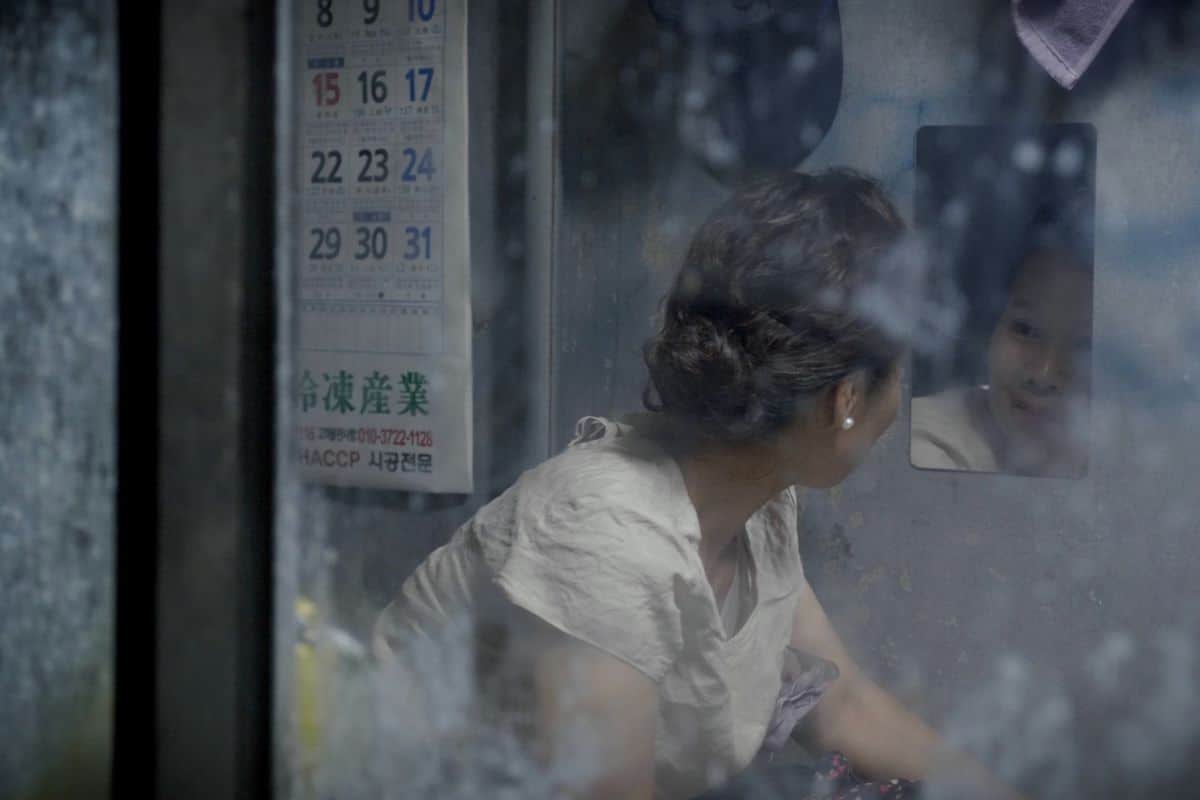Based on the novel “Lost Care” by Aki Hamamaka, which won the 16th Japan Mystery Literature Award for Best Newcomer. “Do Unto Others” is a crime movie with a very interesting premise, which eventually becomes a pondering on the concept of euthanasia.
Do Unto Others is screening at Japan Foundation Touring Film Programme
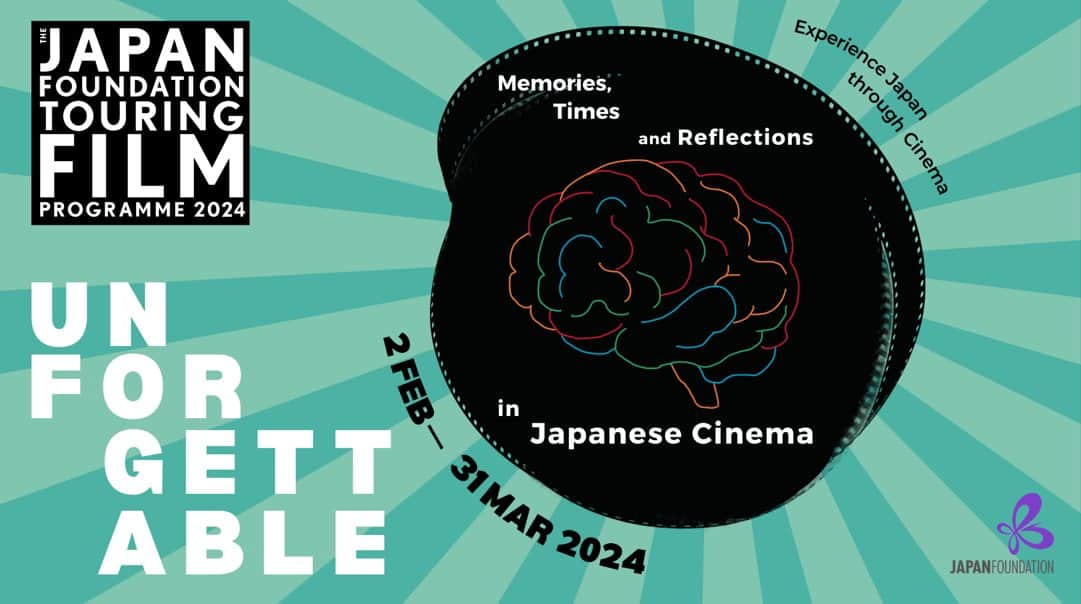
Munenori Shiba works for a caretaking company and seems to be the most diligent employee, always going out of his way to help the elderly, and never actually complaining, in an overall attitude that has earned him respect from his colleagues, and even something more from a newcomer in the company, Yuki. The latter is also the one who discovers one day two dead bodies in a house the company is working at, one being the head of the company, Haru and the other the elderly man living there. Prosecutor Hidemi Otomo starts investigating the case with the help of her assistant, Kota, initially interviewing all the workers in the company. Eventually, and shockingly, though, the two of them realize that the agency has an unusually high mortality rate, and Shiba becomes the prime suspect.
Evidently, Tetsu Maeda had intriguing material to work with, as the main premises of the book and the combination of crime and social commentary are quite interesting, especially since they deal with the concept of elderly care, one that has been tormenting Japan (and a number of countries around the world) for a long time. In that path, the movie begins in a very interesting fashion, with the focus being on the lives of the caretakers and how difficult dealing with the elderly can be, both for them and their relatives, especially when they are suffering from any kind of dementia.
However, as soon as the perpetrator is revealed, and it is quite early (as is usual the case in Japanese crime novels actually) the movie takes a downward plunge that ceases only very briefly. Starting with the interrogation and the clash between the two main protagonists, Munenori and Hidemi, the movie transforms into a kind of stage play, where the “stage” is wherever the two are, focusing on their ‘debate'. This approach could work well in competent hands, but the direction by Maeda is as bad as the performance of the two actors, whose lines seem to be delivered in a detached apathy, which still, though, retains a very annoying sense of theatricality. Add to that the fact that both rhetorics do not sound convincing at all, and that the approach of the acting makes it very hard to feel empathy for the protagonists, and you have the most significant issues of the movie.
Considering the caliber of the actors, which include Kenichi Matsuyama as Munenori, Masami Nagasawa as Hidemi and Akira Emoto as the former's father, it is unlikely that the fault lies with the actors. At the same time, though, the issue remains that the performances lingers from completely unimpactful to hyperbolic, with the latter aspect extending to Emoto and the majority of the elderly actors who appear in the movie, with their performances becoming unnecessarily melodramatic after a point.
This however, does not mean that the movie is all bad. The question of how to deal with the elderly does echo quite strongly in the film, with murder presented as a solution that is not exactly as extreme as one would think, at least in terms of practicality. At the same time, and through the two main protagonists for the most part, both sides are presented quite thoroughly, while the concept of the death sentence adds yet another level to the context.
Yoko Itakura's cinematography captures the suffocating space the protagonists inhabit nicely, while the framing of the “feuds”, including the background presence of Kota, is excellent. That the realism remains on the same levels on all settings the movie takes place in (court, prison, offices, various houses) is also a tick on the pros column. The editing on the other hand, has some issues, with the change of pace after the revelation not working in favor of the film, and omnipresent lagging of Japanese cinema being here once more.
“Do Unto Others” has its merits, but the issues with the acting and the overall presentation deem it a missed chance more than anything else.


